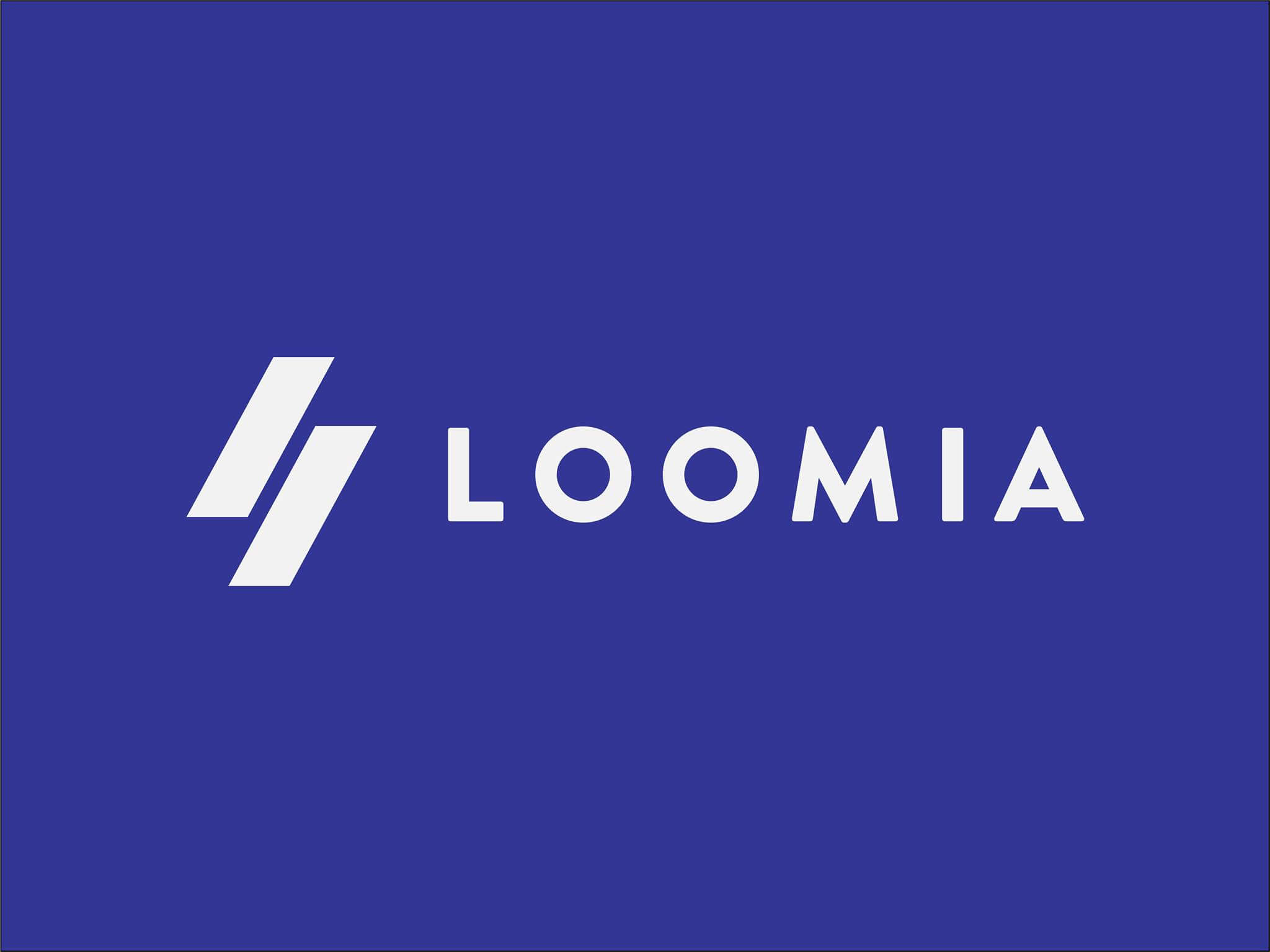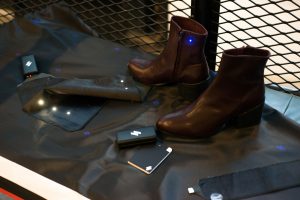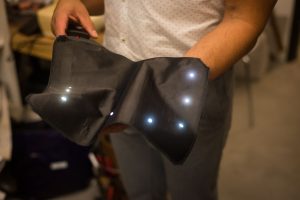
Loomia has announced a partnership with L.L. Bean, bringing their blockchain powered smart textile technology to the century-old outdoor clothing company.
Loomia’s blockchain powered smart textile technology can enable companies to gather information on how their products are used, while also ensuring that the user’s information is shared securely and anonymously.
Big data has enabled amazing innovation and vastly improved efficiency for a variety of businesses. But it is arguable if it has offered much for the consumer. Vast amounts of data, recording our browsing and spending habits are swept up by websites and our electronic devices. It is often taken and shared without our consent and is secured dubiously. It is the uncomfortable reality we find ourselves in.
 By using the magic of cryptography and the blockchain, users can share data in a way that is provably anonymous and secure. They can also decide when and if that information is shared at all. “It’s like putting your data through a shredder and only you have the key to put it back together.” Said Loomia CEO Janett Liriano. Not only that, but the receiver can’t link the data back to you.
By using the magic of cryptography and the blockchain, users can share data in a way that is provably anonymous and secure. They can also decide when and if that information is shared at all. “It’s like putting your data through a shredder and only you have the key to put it back together.” Said Loomia CEO Janett Liriano. Not only that, but the receiver can’t link the data back to you.
In the case of Loomia, who has been working with Storj and Blockstack, their technology will gather environmental and usage rates for the products. Things like the temperature, how often it is worn and how wet it got can go a long way in telling L.L. Bean how they can improve their products for the end user.
While our digital lives are captured and chronicled by dozens of data selling companies, very little innovation has occurred in the clothes we wear. Outside of extra pockets for our cell phones and some cosmetic changes, our clothes don’t reflect the technological revolution that our society has gone through.
As the data gathering that is so ubiquitous online creeps into the real world, Loomia sees it as a moral responsibility to guide that process in an ethical way.
Liriano foresees a world where our technology has interwoven itself in our clothes. Already, they can add heat in a much more elegant way than the early attempts from the last decade. In the future, she thinks smart technology in clothes will be the norm. “It just won’t make sense to buy a jacket that doesn’t respond to the weather.”

The small Loomia tile can be washed and withstand extreme hot and cold. The idea is to make it almost unnoticeable by the user while he or she is wearing it.
In the meantime, Loomia can help LL Bean and other textile companies vastly improve their business. Liriano tells me that the fashion industry can take 2-3 years to get a product from conception to retail stores. To decide what to create next, brands depend on retail sales, but the fashion industry is notoriously fickle and what was popular two years ago can be outdated today.
Brands can only hope their data is still relevant as they move into production. Loomia’s Tile technology can tell them if users are still using their product and how often. If they notice an increase in users wearing a jacket they sold five years earlier, it might be an indication that its style is making a comeback, and they can be ready the next season with refreshed stock.
The whole thing, of course, does require the user to actively decide to upload this information back to Loomia. It will have to be as simple and seamless as possible if they hope to get good user adoption. To encourage users to bother at all, they will get Tilecoin from the brands that want their data. Rather than something that will be used to make actual purchases, Loomia predicts that it will be more often used for special discounts, free shipping and other perks. Gamification of rewards is a well-tested practice in businesses. Tilecoin might have a better analog to Starbucks points and frequent flyer miles than the U.S. Dollar.
If that proves to be enough to encourage users to upload their data to the blockchain, then Loomia may have something that improves the entire textile industry for both consumers and manufacturers.
Loomia is planning a beta program sometime in 2018, with a full roll out for consumers between 12 and 18 months. You can find out more about Loomia on their website

